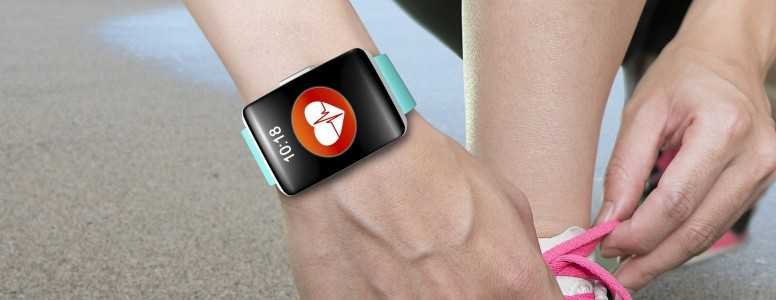Adults with type 1 diabetes experienced less distress and greater treatment satisfaction when using a bionic pancreas, according to new research.
A bionic pancreas is an exciting ongoing development within type 1 diabetes research. The device is capable of automatically controlling blood glucose levels through two insulin pumps which deliver and insulin and glucagon, essentially mimicking a healthy pancreas.
The US study investigated the psychosocial impact of a bionic pancreas to see how patients fared using the device in a real-world outpatient setting.
Thirty-nine adults with type 1 diabetes were recruited, all of whom spent 11 days using the device or their usual care return, before swapping over for another 11 days. Psychological questionnaires were administered before the study, at the end of the first 11 days and at the end of the study.
Using the bionic pancreas resulted in fewer episodes of hypoglycemia, less food concerns and reduced diabetes-related distress. Patients worried less about their blood glucose levels and were generally more satisfied with this treatment.
A few concerns were raised, however, particularly the burden of carrying the technology and the inconvenience of changing the glucagon supply every day.
“These results suggest that BP may provide significant improvements in the personal experience of managing diabetes, along with better clinical outcomes,” said the researchers. “Overall, participants report substantial psychosocial benefits accruing from the BP relative to their usual method of diabetes care.
“Participants also reported a number of burdens associated with the system. Future versions of the BP device should be designed with the goal of addressing these concerns, and studies with larger, more diverse samples, and with more technology-naive participants are needed.”
US company Beta Bionics hopes to have an insulin-only approved version of their bionic pancreas, the iLet, in 2018.
The study results were published in the journal Diabetes Technology and Therapeutics.
What's new on the forum? ⭐️
Get our free newsletters
Stay up to date with the latest news, research and breakthroughs.





